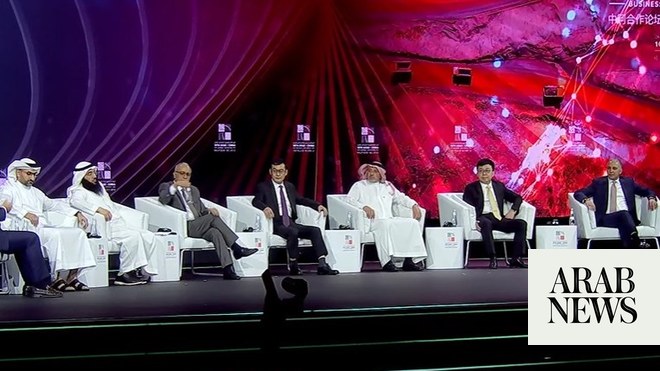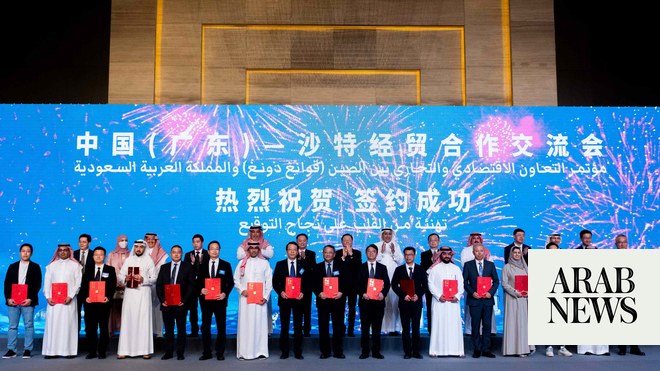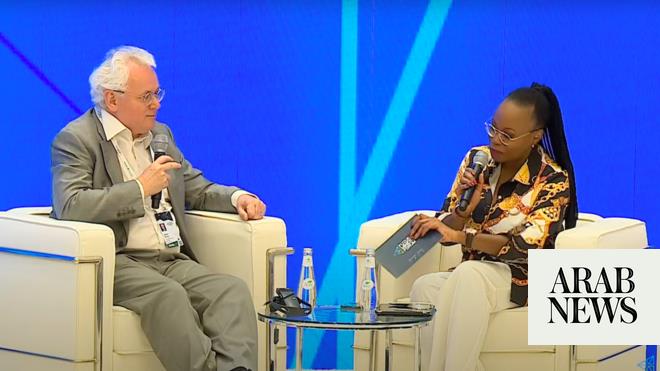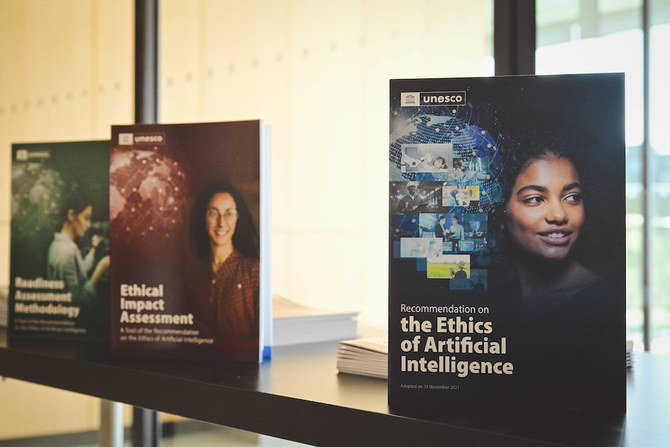
RIYADH: Arab nations will explore partnerships with China to accelerate the sustainable growth of the mining sector in the region, according to speakers at a panel discussion at the Arab-China Business Conference held in Riyadh.
Khalid Nouh, CEO of Industrialization & Energy Services Co., also known as TAQA, said China’s know-how and technical expertise could help Saudi Arabia explore its full potential in the mining sector.
Mining is one of the 13 strategic sectors in Saudi Arabia’s economic diversification strategy known as Vision 2030, and there is an estimated $1.3 trillion worth of resources to be excavated in the Kingdom.
Nouh said: “China has a very strong position in the mining industry. There are more than 40,000 mines in China. There are more than 1,500 mining projects going on.
“China is the biggest consumer of lithium in the world. They are the biggest producers of nickel, cobalt and molybdenum. So, they have a strong market, and a strong know-how in the mining industry, especially in exploration and production.”
Osama Al-Zamil, Saudi Arabia’s deputy minister of industry and mineral resources, said the ministry is trying to incentivize the growth in the mining and industrial sector by building the capacity of the local content, along with improving and enhancing the business environment.
He also added that the ministry is exploring opportunities with Chinese entities to strengthen the mining sector.
“In Saudi Arabia, mineral resources are the third pillar of the industrial sector. The first pillar is oil and gas, hydrocarbons, the second is petrochemicals, and the third is mining. We are working to create Saudi-Chinese integration at many levels and many sectors,” said Al-Zamil.
For his part, Bahrain’s Minister of Commerce and Industry Abdullah Fakhroo said the partnership with China is crucial for the country’s future industrial growth.
“China is a global leader in manufacturing and advanced technologies. So definitely, there are many opportunities to collaborate with Bahrain. We also allow 100 percent ownership in particular sectors. We are also open to other structures, such as joint ventures and so on. But really, China is a very important player in our future industrial strategy,” he said.
Fakhroo also said that Bahrain has moved away from its reliance on oil and added that the oil and gas sector is no longer the country’s top contributor to its gross domestic product.
“Around 20 years ago, it made up around 40 percent of our GDP, and today, it makes up less than 20 percent,” said Fakhroo.
Ali Al-Baqali, CEO of Aluminium Bahrain, also known as Alba, said that carrying out business with Chinese entities has changed positively over the last few years.
“We had business with the Chinese a long time ago. Before, if you are dealing with China, there will be a red flag, because everybody was afraid of how to deal with the Chinese. But for the last three years, Chinese business has become more mature with Arab countries,” he said.
The CEO also added that a cross-border solar project where Saudi Arabia will produce solar energy for Bahrain will help the country achieve its net-zero targets.
Al-Baqali said that neighboring countries like Saudi Arabia could help Bahrain with renewable energy, as the country does not have sufficient geographical space to install solar farms.
“There is a proposal on the table with Saudi Arabia to develop a solar farm between both countries. It will be built, for example, in Saudi Arabia, and it will be imported to Bahrain. As you know, Bahrain is a small country, and if I want to operate Alba in solar, I have to cover all of Bahrain, in order to get the required energy,” said Al-Baqali.
He added: “The typical solution for us is to have a joint venture with our neighboring country, our brothers, in order to have renewable energy from their sides.”












